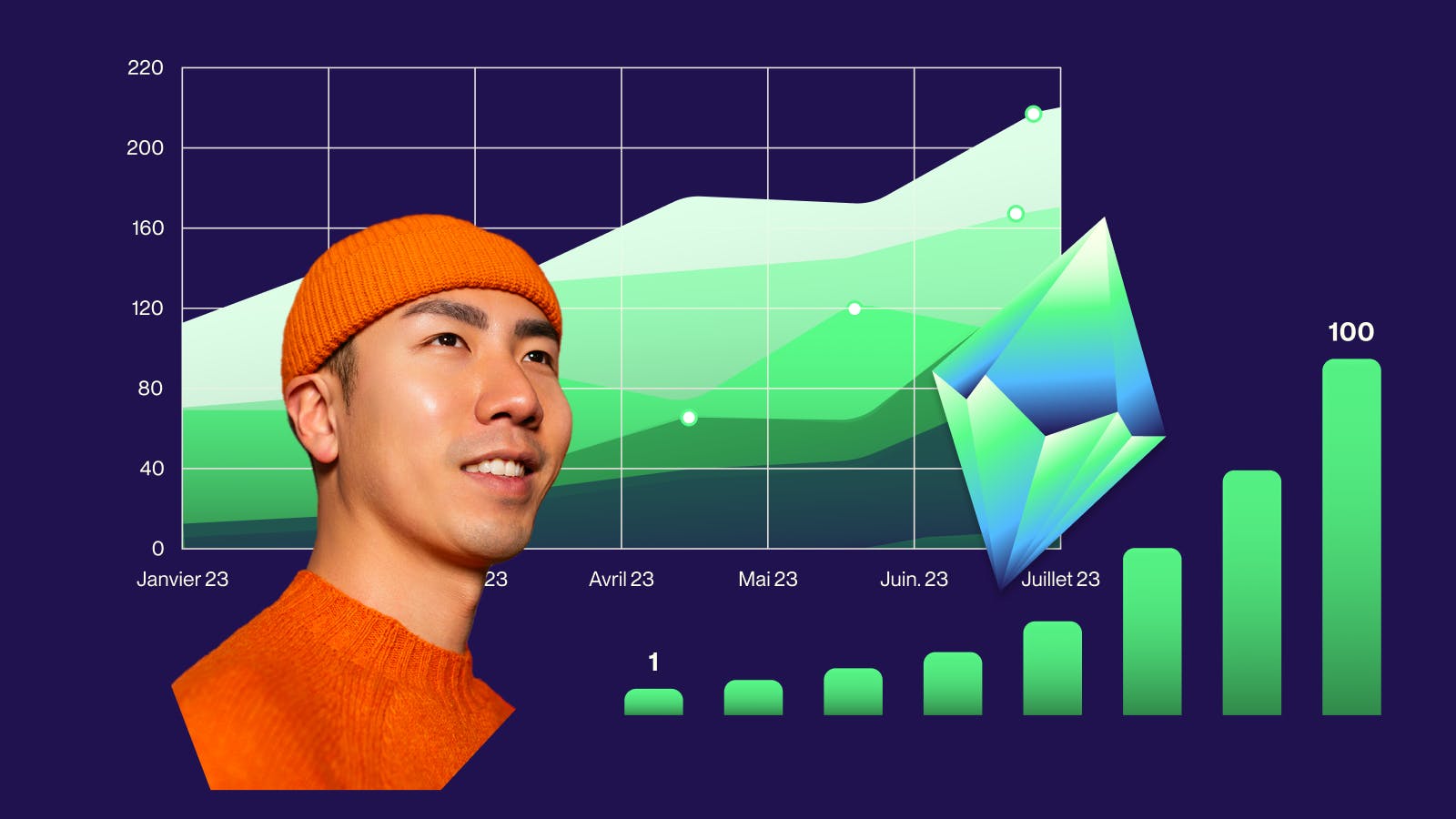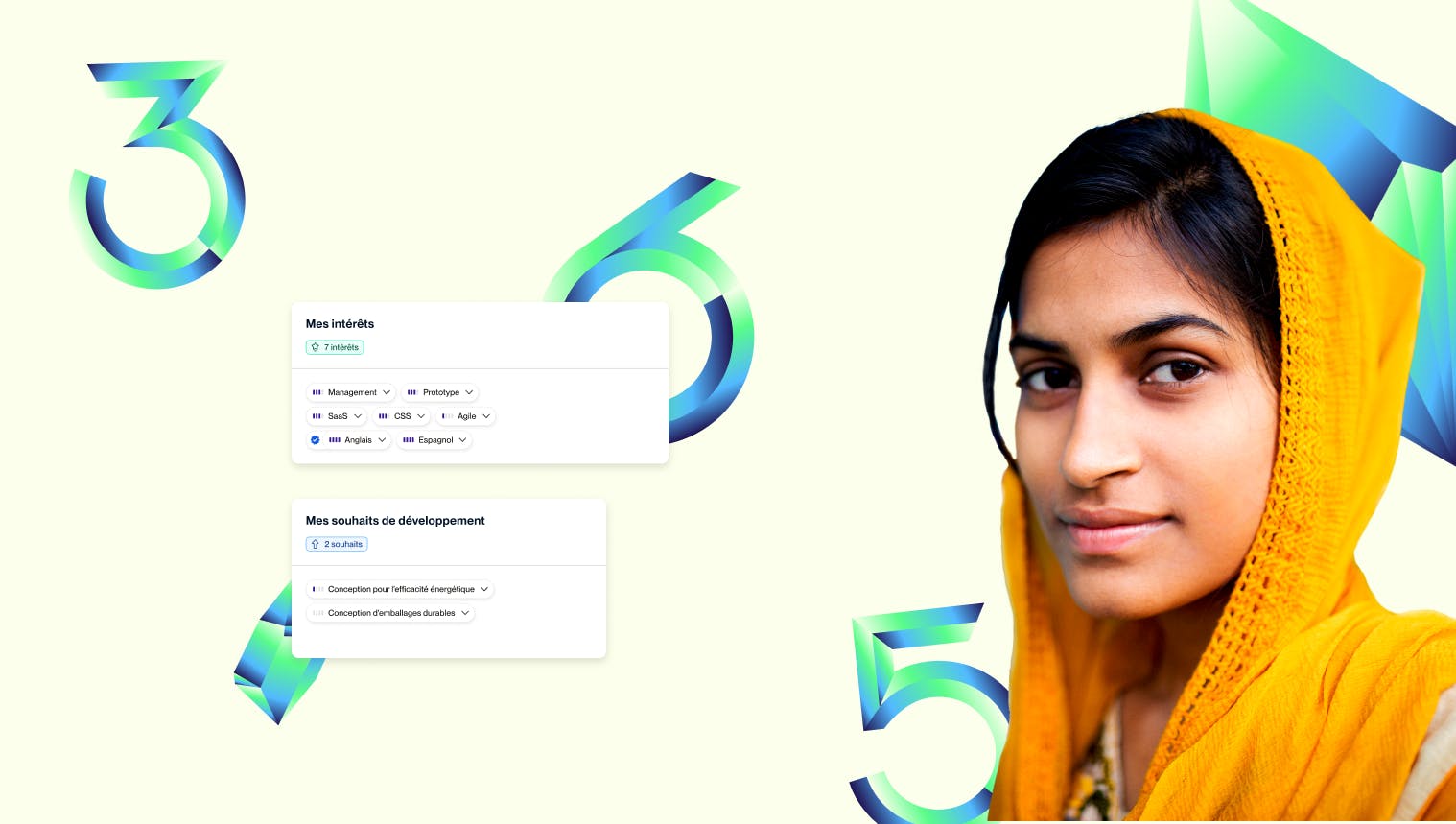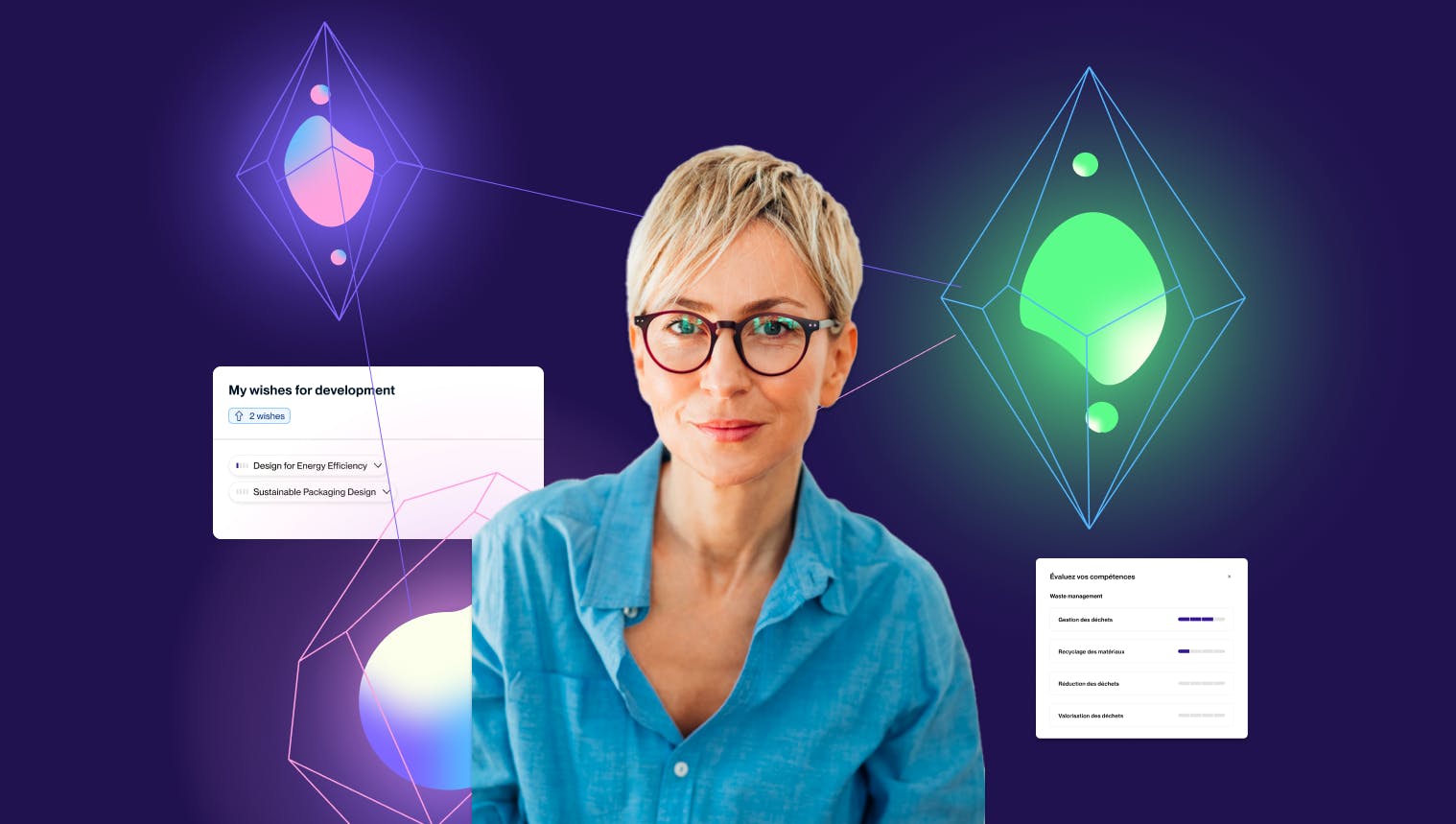AI and HR: Where are we in 2024? The latest innovations

In 2024, Artificial Intelligence (AI) is already deeply embedded in our lives, homes, cars, and now our offices. More specifically, it is the role of Human Resources (HR) that is becoming the new playground for AI.
How is AI revolutionizing talent management? What are the favorite tools of HR professionals? How are employees experiencing this shift? And above all, what are the latest innovations in this area? You will discover all of this throughout this article.
AI, an asset for recruitment and talent management

AI in HR is revolutionizing recruitment and talent management. Human resources in companies can now rely on AI tools to optimize their recruitment processes, talent management, training, and career management:
- Quickly sort resumes.
- Assess candidates' skills.
- Predict their performance and potential...
AI also allows for the analysis and understanding of employees' trends, needs, and aspirations. No more long recruitment processes, miscasts, or untapped talents.
Employee Experience: AI for better integration and human resource management.
AI improves the employee experience by promoting their integration, motivation, engagement, satisfaction, and well-being at work. Thanks to AI, HR can better understand employees' expectations, needs, aspirations, concerns, and issues.
AI tools make it possible to:
- Collect and analyze data related to the employee experience.
- Monitor and evaluate their performance, involvement, satisfaction, and motivation.
AI and data protection: a major challenge for HR

Artificial intelligence, in addition to being a valuable asset for human resource management, also presents significant challenges, particularly regarding the protection of personal data. Companies must be especially vigilant on this point, especially in light of new data protection regulations.
Indeed, AI operates largely through the massive exploitation of data. In the context of HR work, this data can be very diverse:
- Personal information of employees.
- Performance data.
- Evaluation results, etc.
All this information is extremely sensitive, and its protection is crucial.
However, it should be noted that AI does not replace a solid and well-thought-out data protection policy. It is an additional tool that must be used in compliance with confidentiality and data protection rules.
The crucial role of AI in the transition to hybrid work
In 2024, in a context where hybrid work becomes the norm for many companies, artificial intelligence plays a crucial role in human resource management.
On one hand, AI allows the automation of certain tasks related to resource management, thus freeing up time for HR managers to focus on other aspects of their work. For example, AI can be used to:
- Manage schedules.
- Automate recruitment processes.
- Manage leave requests.
On the other hand, AI can help improve the employee experience in a hybrid work context. Among other things, it can be used to coordinate teams working remotely, facilitate communication within the company, or even help evaluate and improve the operational efficiency of teams.
Conclusion: AI and its HR functionalities

In 2024, AI in HR revolutionized recruitment processes and made talent management more efficient. Likewise, it offered new perspectives in training and skills development. It contributes to a better employee experience and makes the job of HR professionals easier.
However, despite these advances, it is crucial to remain vigilant and adopt an ethical approach that respects everyone's rights. AI, despite all its potential, is still a tool that must be used with caution and discernment. Therefore, companies must continue to invest in the training and education of their employees to ensure that the use of AI is beneficial for everyone.
FAQ
How does AI contribute to diversity and inclusion in the workplace?
AI can play a crucial role in promoting diversity and inclusion by eliminating human biases during recruitment and evaluations.
AI tools can be programmed to focus solely on skills and qualifications, regardless of age, gender, ethnicity, or other personal characteristics. Additionally, data analysis can reveal diversity trends and help identify areas that require specific initiatives.
What are the challenges associated with integrating AI into HR?
Despite its many advantages, integrating AI into HR presents challenges, particularly in terms of data protection and privacy.
It is crucial to ensure that AI systems are transparent and ethical and that they do not reproduce existing biases. Companies should invest in employee training so they can use these technologies effectively and ethically.
Discover more AI in HR insights








